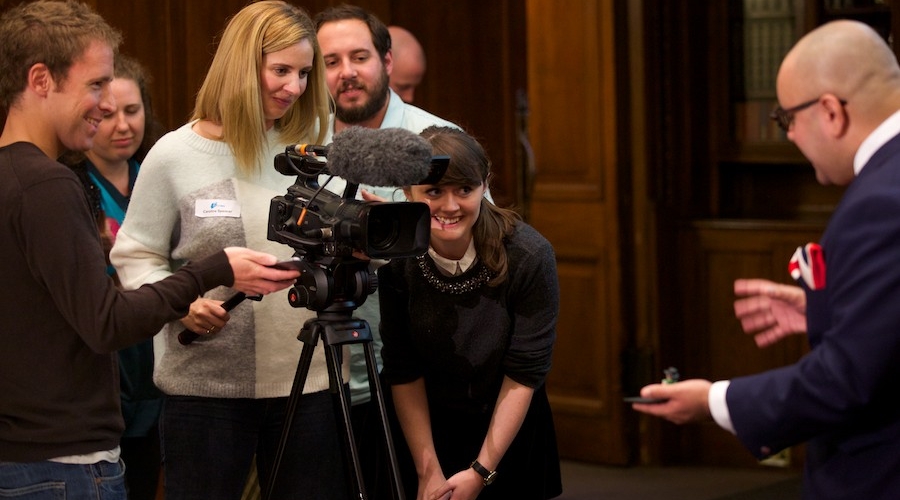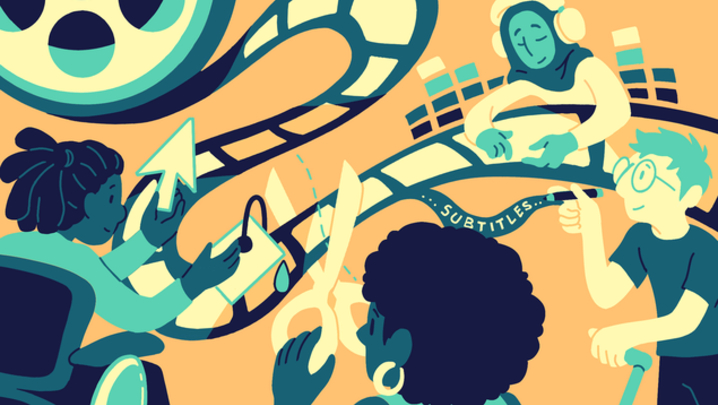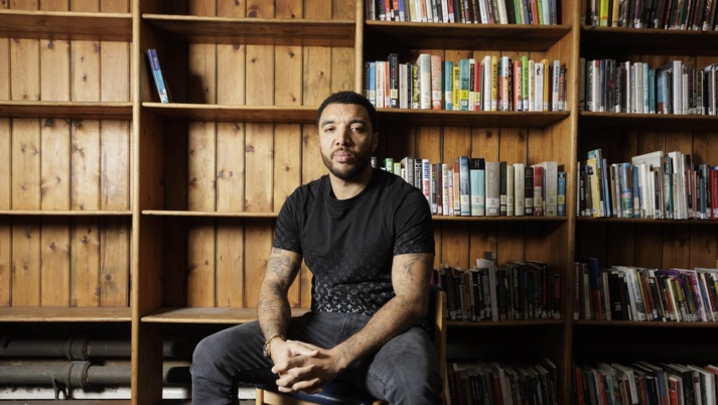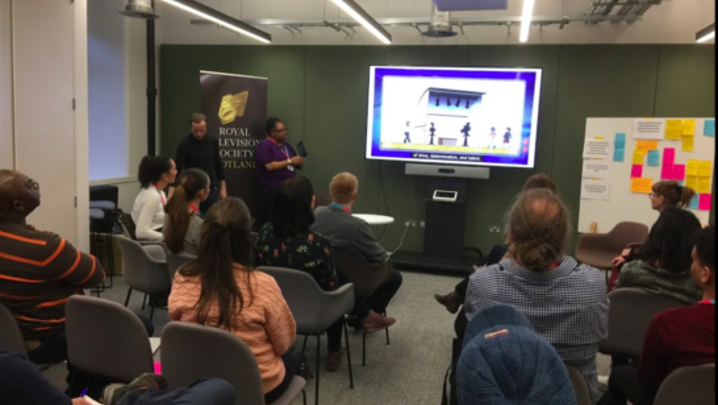Working class people are still hugely under-represented in the arts, a new report finds, while those at the top of the industry remain unaware - believing the system a meritocracy.
The Panic! Report, which compiles survey data along with interviews, gives an overview of equality and social mobility in the arts.
It states, “Particularly worrying is the fact that those people who are in the best position to effect change are the very people who most strongly support the meritocratic explanation.”
The report indicated that in the TV, film and radio sectors, only 12.4% of the workforce were considered working class – compared to a national figure of around a third of the population.
This effect is further compounded by the fact that those at the top of the creative industries – primarily white males – believe the system to be a meritocracy – believing that they earned their positions through their own hard work, and that class and social obstacles are limited.
The more highly paid the survey respondents were, the more likely they are to consider the system meritocratic.
Nisha, a middle class British Asian woman in her 30s, who works in film and television commented, “The UK film industry is not a meritocracy at all. It doesn’t matter if you’re intelligent or well qualified or any of those things. What matters is who you know and who you’ve worked with.”
Compiled by academics including Dr Orian Brook, Dr Mark Taylor and Dr David O’Brien, the report also found that “cultural and creative workers have narrow social networks, suggesting a type of social closure within the sector.”
It found only across the music, performing and visual arts industries only 18.2% of the workforce is currently working class, even though a third of the UK workforce has working class origins. Unpaid work, which is often presented as necessary to getting into the creative industries, was found to be “endemic”.
Other findings in the survey revealed barriers to women, racial minorities and the working class to the arts, as well as an estimated £5800 gender pay gap in the arts in favour of men.
The Panic! Report was funded by the Arts & Humanities Research Council and is part of the “Panic! It’s an arts emergency” project, which culminates in an event on 27 June at the Barbican, which includes panel discussions and workshops.









